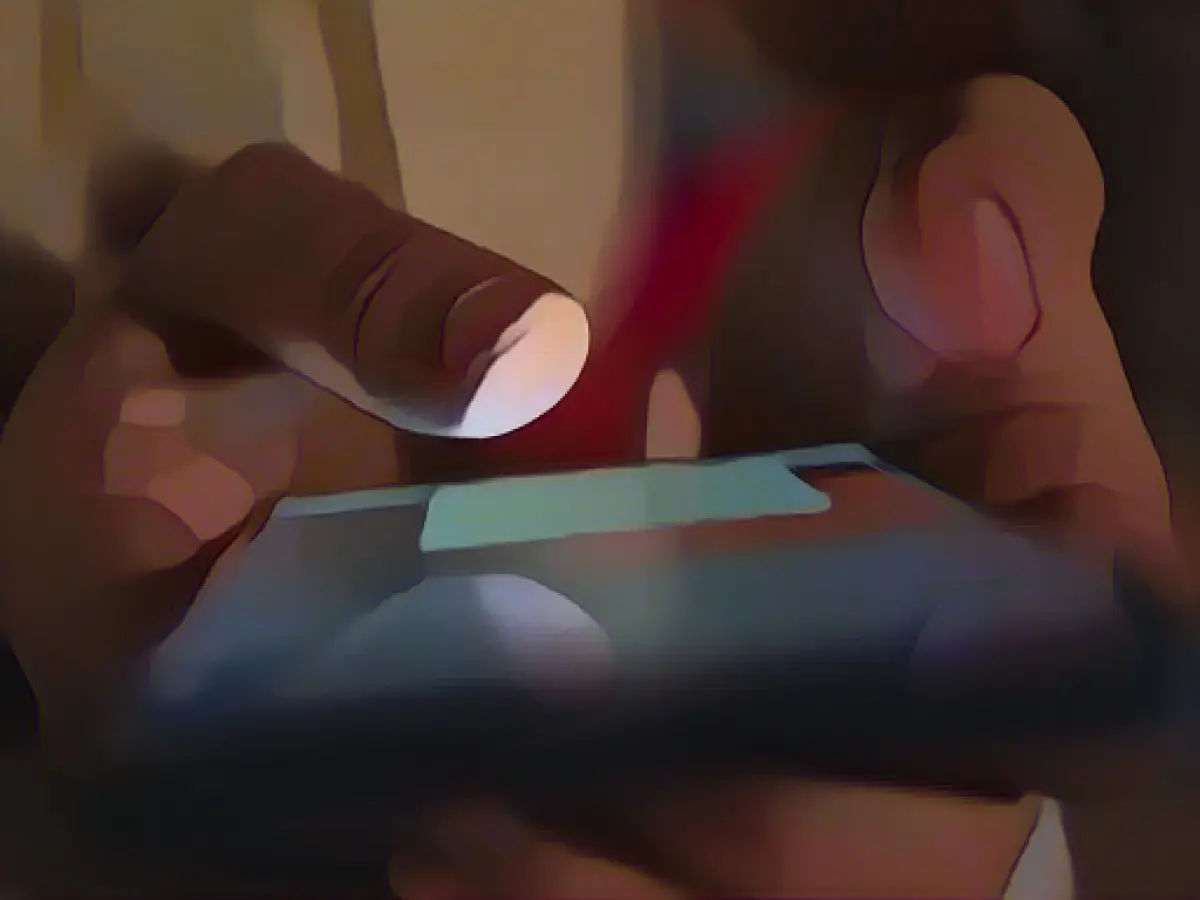Taking a break from social media for a week might not yield noticeable benefits for most people, reveals a British research. Conducted by Durham University's Michael Wadsley and Niklas Ihssen, this study involving moderate to heavy users of popular platforms like Facebook, Instagram, TikTok, and Twitter, showed mixed results.
In the study, 16 men and 35 women, aged 18-25, were chosen as subjects. The researchers aimed to investigate if an abrupt social media cessation would result in withdrawal symptoms and positive effects on well-being and mental health. However, the team failed to find any significant correlations despite most subjects reducing their usage significantly throughout the week.
Several participants reported compensation activities such as increased video gaming and online shopping, potentially preventing negative effects, comment the researchers. In fact, only seven participants entirely abstained from the platform, while the relapse rate was high.
The definition of "digital detox" is ambiguous, criticizes Leonhard Reinecke from Johannes Gutenberg University Mainz. He points out that enforced restrictions can impact the test subjects psychologically. Reinecke does not believe addiction to social media or mobile devices is typical, stressing that a small percentage of users may exhibit problematic behavior due to various addictions.
According to recent studies, digital detoxes of a week can significantly improve mental health, stress, sleep quality, and productivity, among other factors. Findings suggest that a brief withdrawal from digital devices can lead to better focus, reduced stress, and enhanced creativity, to name a few benefits. However, the field of psychology may need to reconsider its stance on digital detox as the impact on overall well-being is not straightforward.








